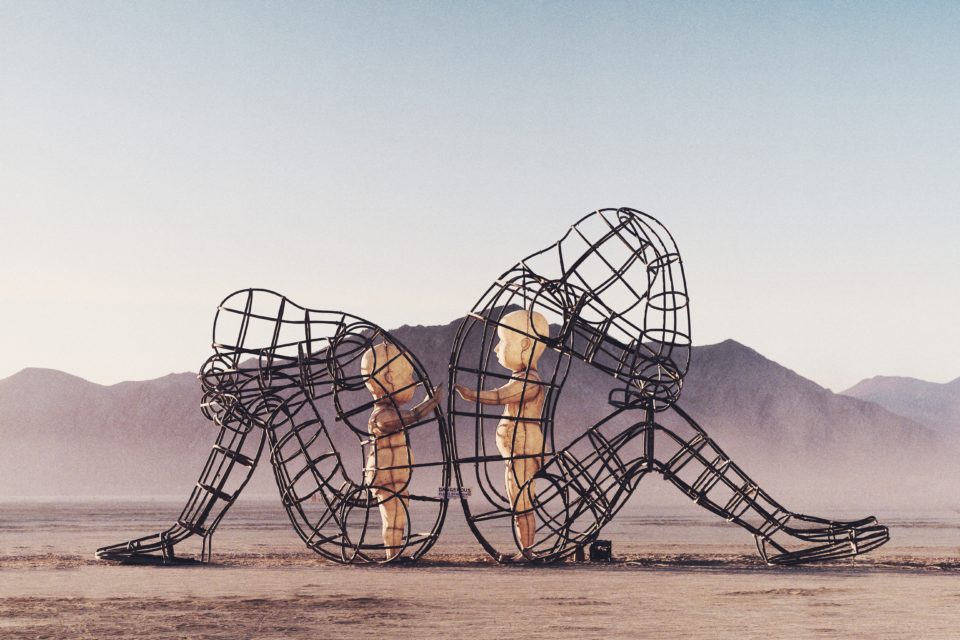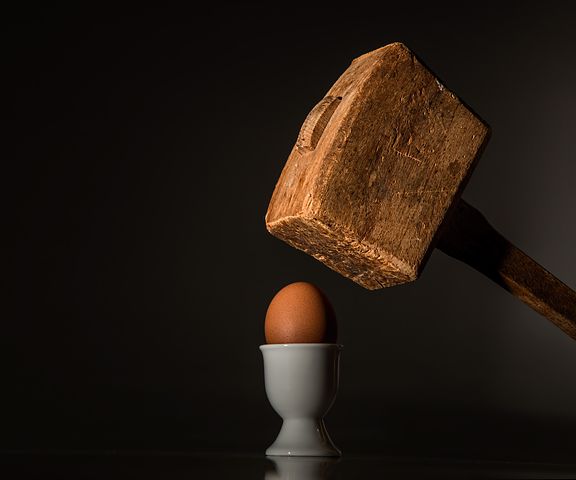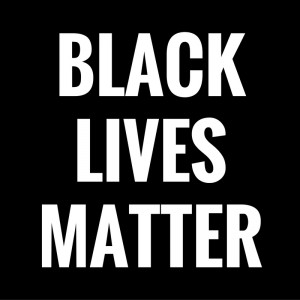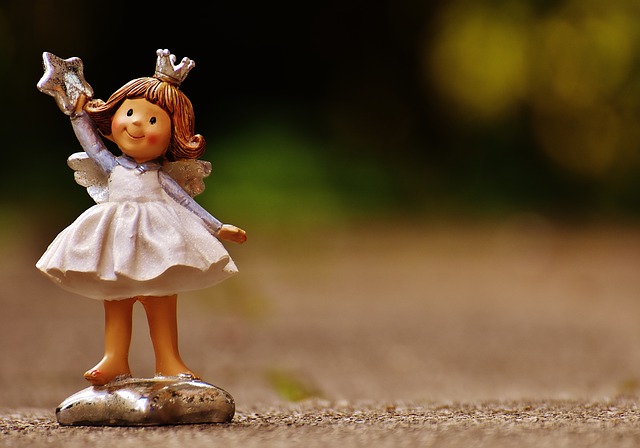“You think your pain and your heartbreak are unprecedented in the history of the world, but then you read. It was books that taught me that the things that tormented me most were the very things that connected me with all the people who were alive, who had ever been alive.”
-James Baldwin
Not often enough is each of us asked, “What’s it like moving through the world as you?” We are not often asked about our fears and insecurities, hopes, frustrations, and about what makes us feel alive. We are not often asked about what we’re thinking, what we’re wondering about, or if we’re worried.
Some of us experience racism and homophobia. Some of us experience ableism or transphobia or sexism or classism or ageism.
Some of us suffer from depression, crippling anxiety, post-traumatic stress symptoms, chronic pain, or addiction. Some of us are navigating the complicated mourning process and feeling what can only be described as unyielding fragility. Some of us are numb.
All of us are grappling with something- marital problems, financial instability, a terminally ill child, a best friend dead from aggressive cancer, panic about the future, historical or intergenerational trauma, chronic mental or physical illness, a break-up, discrimination, sexual harassment, the aging process, our own inexorable thoughts.
I get the pleasure and honor of creating a space for people to sit down and tell me about what it’s like for them as they move through the world. I get to see couples learn, for the first time, in a deeper way what it’s like for their partners to be them. I have made a career out of witnessing what happens when people speak honestly and listen compassionately.
Not everyone has the privilege of making this their daily life, and I’d like to help make it as accessible as possible. It’s the act of intelligently tuning into our own experience and seeing what’s there. It’s the act of deepening our understanding of ourselves and another.
When we become attuned to and present with our pain, we can tune into and be present with another’s pain. The reverse is also true, that when we are present with and attuned to another’s pain we can also be present with our own. We are complex creatures, capable of many things, some being empathy and compassion.
When we open space for ourselves to be present and attuned, it’s easier to listen to what is really being said. It’s easier to see someone for who they are instead of our projection of them.
We can’t do this all the time, but we can do it more often. We can slow down and drop in.
A client recently recommended I watch Patton Oswalt’s “Annihilation” performance. In it, he talks about his late wife, writer Michelle McNamara, and her belief system. He quotes her as saying, “It’s chaos. Be kind.”
There is chaos. And there is kindness.
I wonder, what’s it like moving through the world as you?
Love and Be Loved,
Natalie









